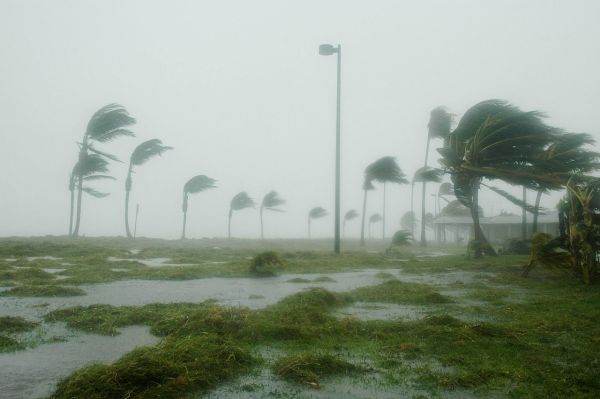The passage of Hurricane Melissa has transformed Jamaica into a huge field of rubble, generating an unprecedented humanitarian crisis. According to the United Nations Development Programme (UNDP), almost five million tons of debris cover the island, blocking roads, paralyzing vital services and isolating entire communities. "This is the worst climate disaster in the history of Jamaica," said Kishan Khoday, the UNDP representative in the Caribbean state, during a video conference, underlining the unprecedented scale of the destruction. Initial estimates show that economic losses exceed 30% of Jamaica's GDP, a figure that could increase in the coming weeks. Homes, farms, infrastructure and local businesses have been completely destroyed.
"This devastating hurricane has left behind victims, destroyed homes and livelihoods, collapsed infrastructure and tons of debris covering the island,” Khoday said. UNDP satellite imagery analysis shows a dramatic reality: 2.1 million tons of debris are from destroyed buildings, 1.3 million tons are from vegetation, 1.4 million tons are from personal belongings. The total amount - 4.8 million tons of debris - could fill 480,000 trucks.
• Blocked roads, paralyzed services, widespread suffering
According to the UNDP, immediate removal of debris is "crucial.” Every day of delay means blocked roads, additional economic losses and acute suffering for the tens of thousands of people affected. Khoday warned that access to hospitals, schools and emergency services is "severely affected” in the west and center of the island - the regions hardest hit by the storm. A week after the hurricane passed, the toll is grim: 32 deaths in Jamaica, 76 victims in total in the Caribbean region. A study conducted by Imperial College London confirms that the intensity and duration of Hurricane Melissa were amplified by climate change caused by human activities. The increase in the temperature of the planet's oceans fuels the formation of stronger hurricanes, with heavier rainfall and more violent wind gusts. The Jamaican government has requested international financial and logistical support. The absolute priority is to unblock roads, restore infrastructure and access to drinking water and electricity. The UN, through the UNDP, has already announced that it will send rapid intervention teams and support local authorities in managing waste and rebuilding affected communities. "We must act quickly," insisted Khoday. "Delays mean suffering and human loss."
• A Global Lesson in Vulnerability
The tragedy in Jamaica brings to the fore a painful reality: Caribbean island nations are among the most vulnerable to the effects of climate change.
Although their contribution to global carbon emissions is minuscule, they are bearing the direct consequences of global warming - more violent storms, rising sea levels and loss of biodiversity.



















































